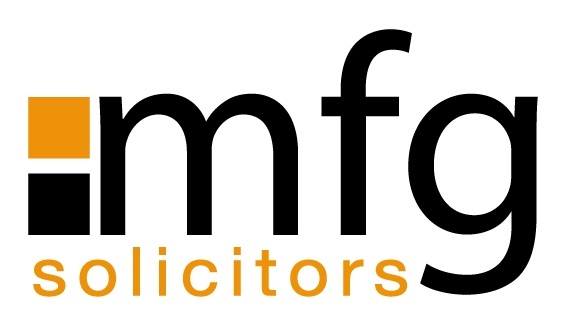Shareholder’s Agreements – What are they and do I need one?


There is no legal requirement to enter into such agreement, however, a shareholders’ agreement is a useful tool in offering all parties confidence that their investment in a business will be protected. It can also provide mechanisms to deal with the unfortunate situation where the relationship between shareholders sours.
What is included in a Shareholder’s Agreement?
Unlike the Articles of Association of a company which are publicly available, a shareholder’s agreement is private. As a result the terms contained within the document can be bespoke to a business and the provisions of the document will depend on the number of shareholders as well as the percentage of shares each shareholder has.
Roles and the Board
Typically, a shareholder’s agreement accommodates for shareholders having an active working role within the company. The document will also detail how often the Board of Directors of the company should meet to vote on the decisions of the business. As well as this is may stipulate each shareholder shall have a right to also be a director of the company.
Decision making
It may be agreed that large commercial decisions will require all shareholders, or at least a large majority, to carry a motion. The agreement can detail the items that will require such approval and may include the borrowing of a large sum or changing the articles of association of a company.
Share transfers
One obvious area that will be covered by a shareholder’s agreement is the situation whereby a shareholder wishes to sell their shares. The sale of shares can be restricted as the parties see fit. For example, it may be decided that a shareholder selling their shares will be required to first offer their shares to the other remaining shareholders. This can ensure that the shares are not sold to an unknown or controversial third party.
Furthermore, there may be protections inserted in the shareholder’s agreement in relation to minority or majority shareholders. This may be by way of ‘drag along’ or ‘tag along’ rights.
Drag along rights force the sale of shares of a minority shareholder, should the majority shareholder wish to sell their shares to a specific buyer. This ensures that the minority shareholder cannot prevent a sale and all the shares can be sold together.
In much the same way, tag along rights allow a minority shareholder the right to join a transaction for the sale of shares and sell their shares on the same terms as the majority shareholders.
Restrictive Covenants
When a shareholder leaves the company, it may be agreed that restrictions will be put in place in order to prevent that shareholder from competing with the business for a set period of time after the sale of their shares. These restrictions may relate to working with competitors or the poaching of important staff members of the business.
Dividends
One main area of frustration for shareholders can be the dividend paid by a company. A shareholders’ agreement will enable all shareholders to agree on a dividend policy and a dividend rate so that all parties are clear as to dividend declarations made by the business each year.
When to get a shareholder’s agreement?
Quite simply, the sooner the agreement is in place the better. In deciding the provisions of the agreement, the shareholders will discuss many different aspects of the business and it may become apparent if shareholders have differing opinions which can usually be ironed out at the earliest stage. Prior to a disagreement occurring, it is usually the case that shareholders can decide on a solution to a matter efficiently, but this is not always as easy afterwards and so getting the agreement in place as early as possible is always advisable.
If you would like further advice or assistance in drafting a shareholders’ agreement, mfg solicitors are on hand to assist you every step of the way. Please contact Matt Allen on 01952 64651 or email matthew.allen@mfgsolicitors.com









